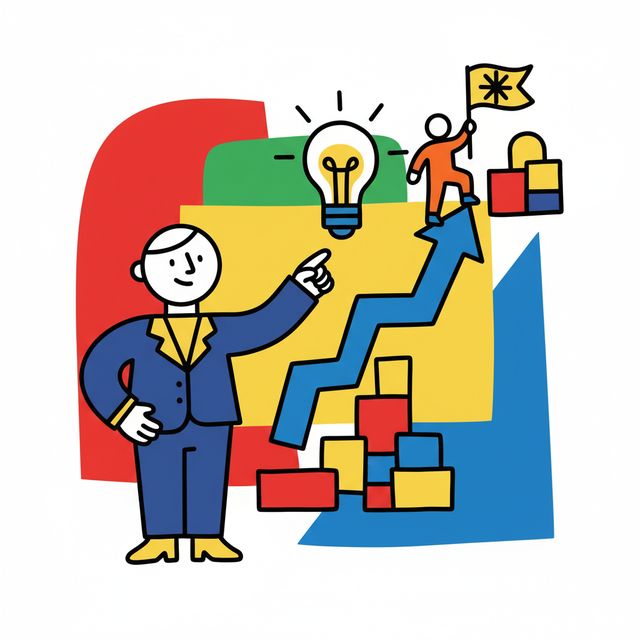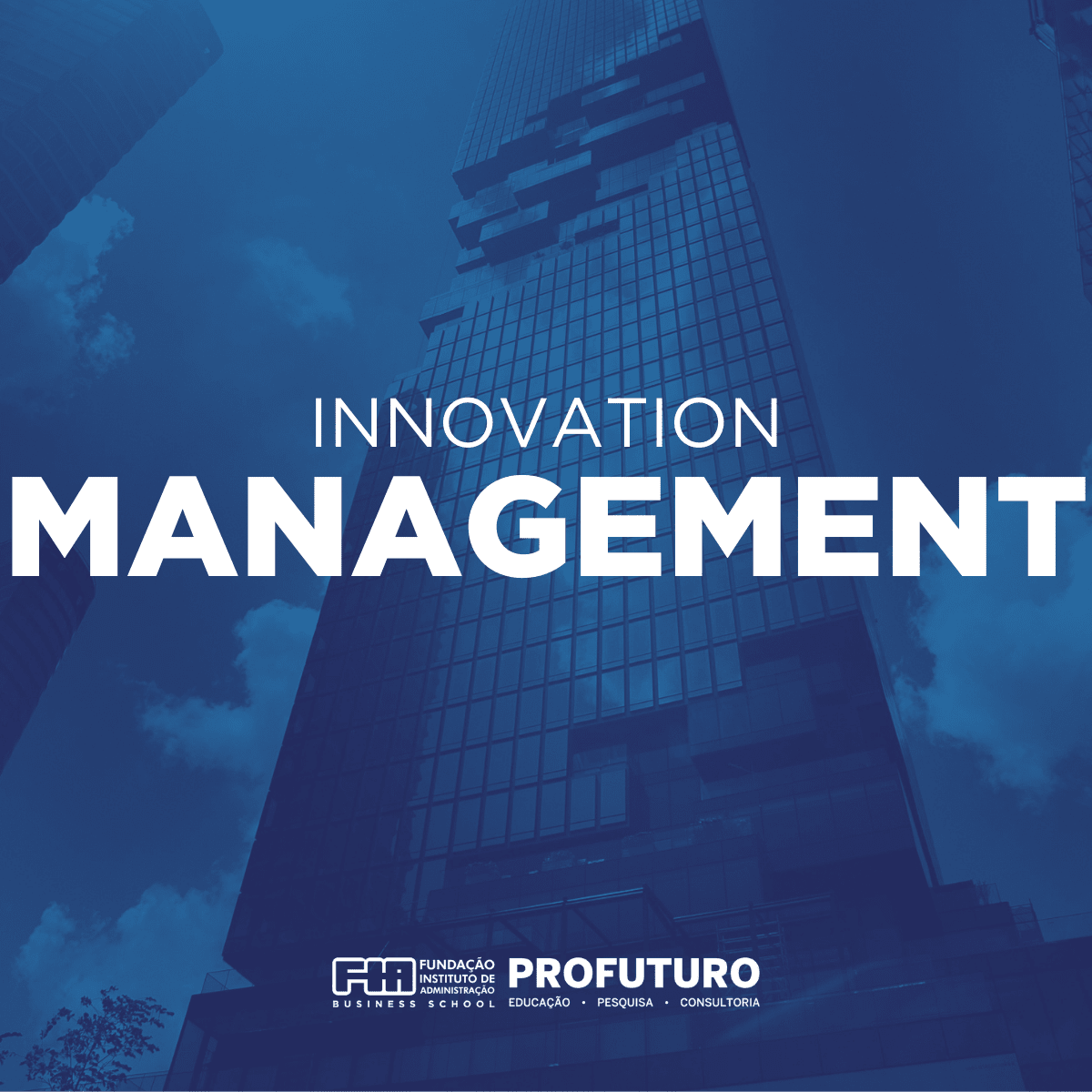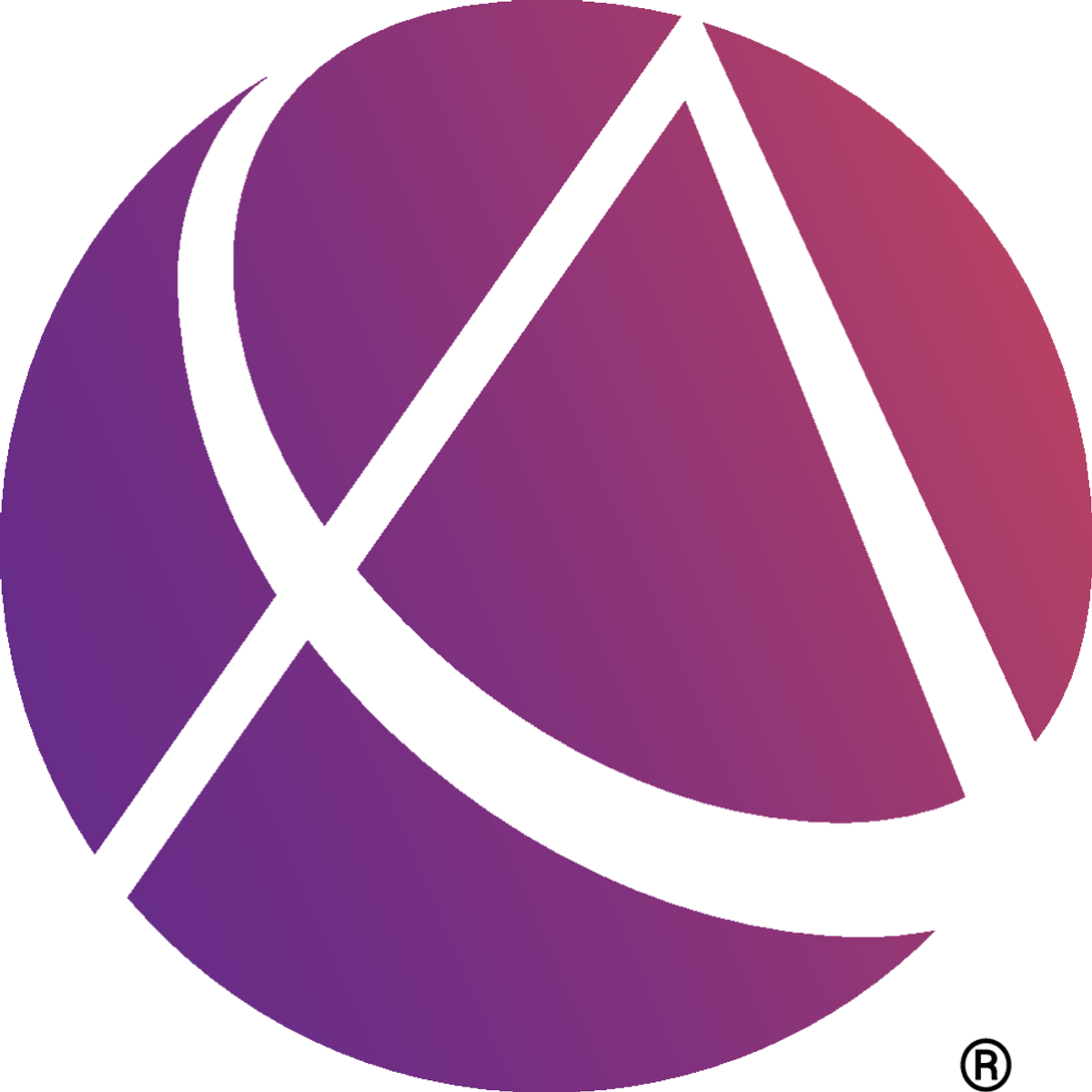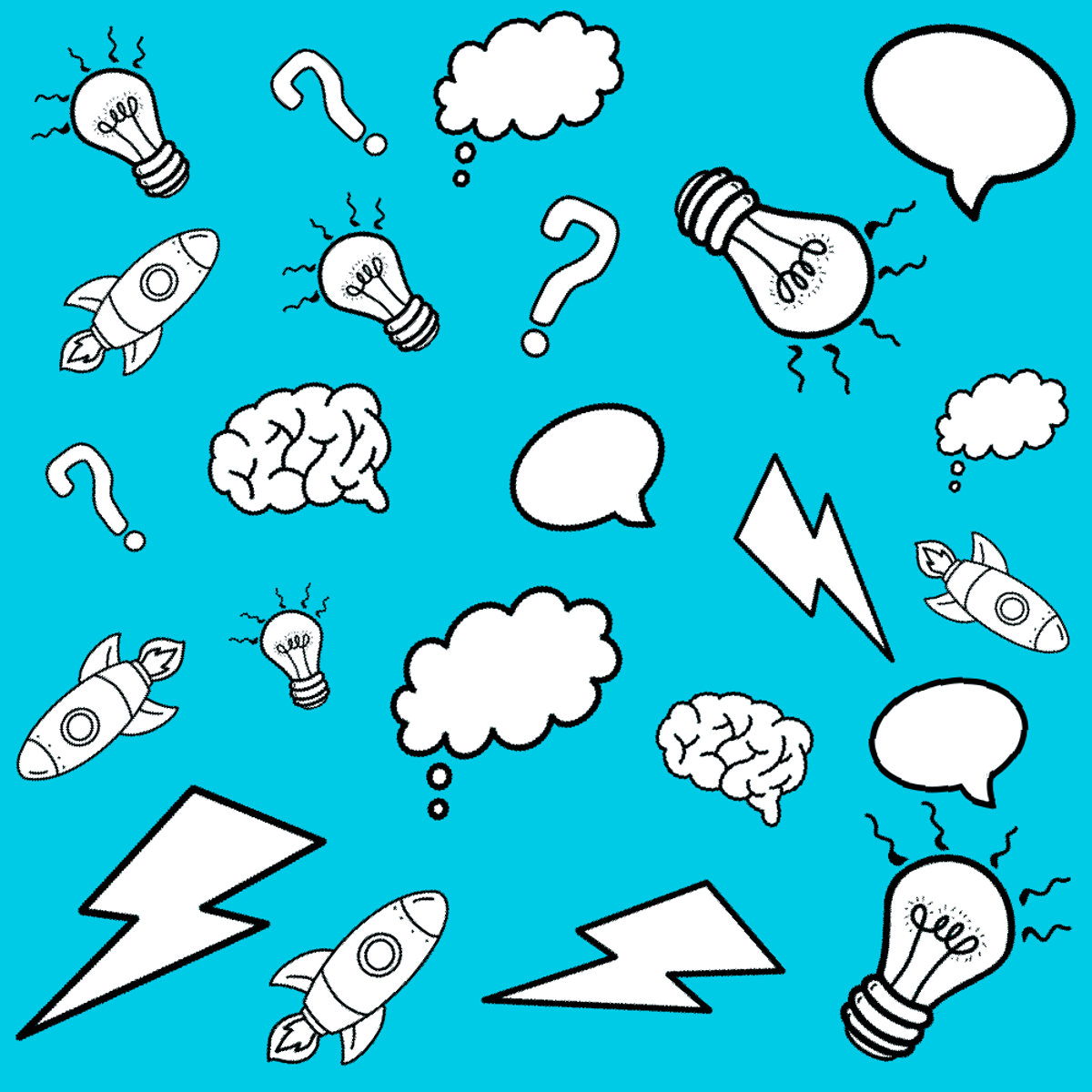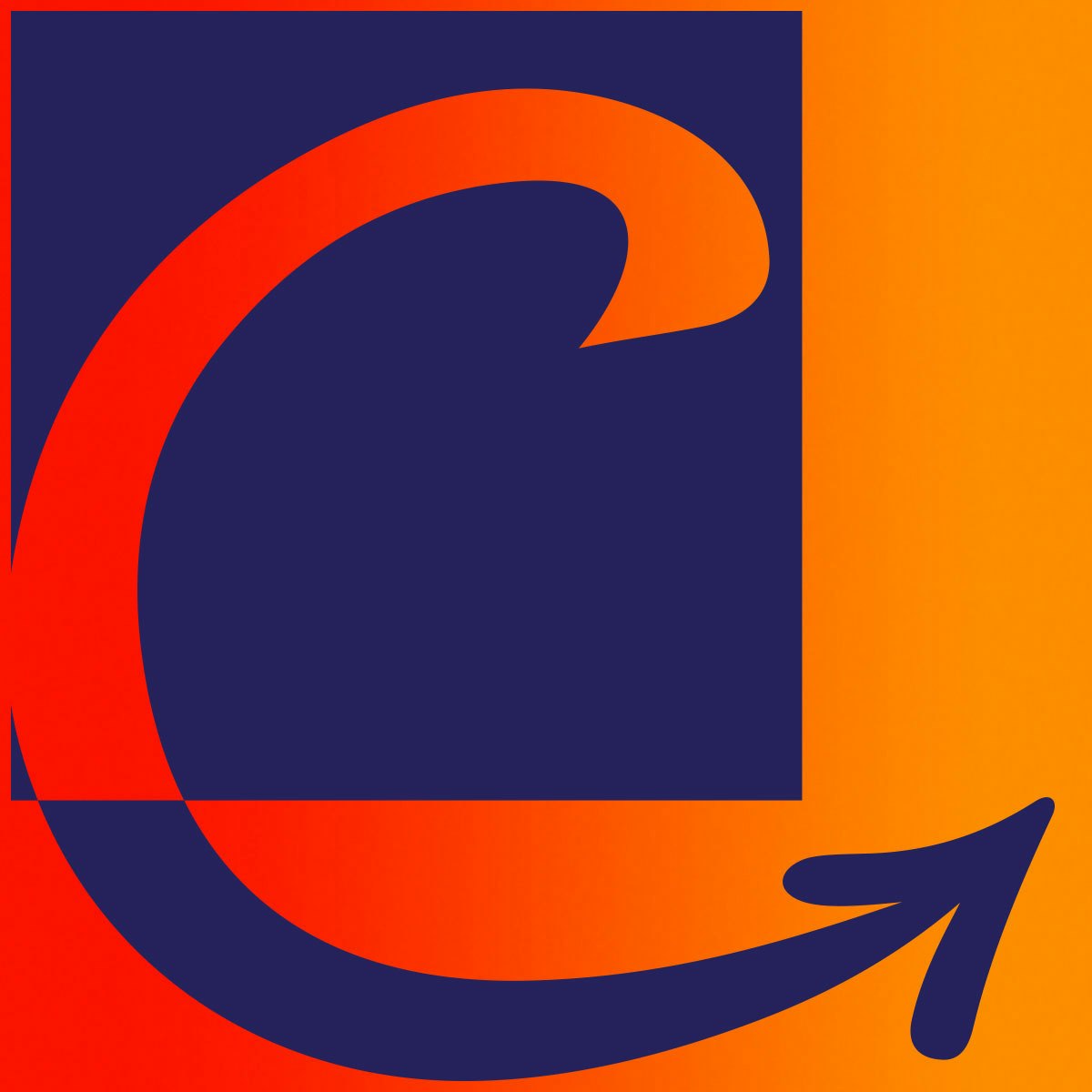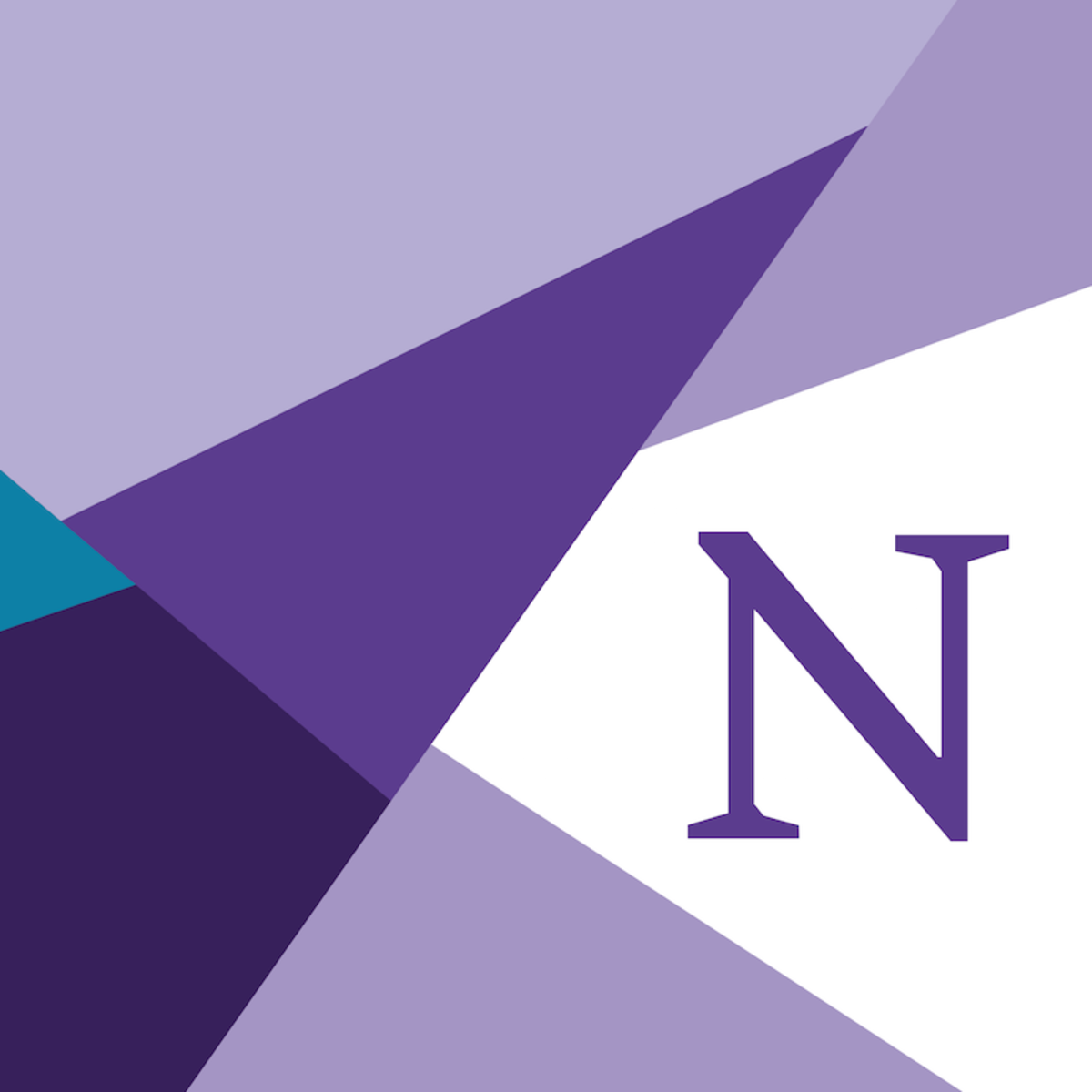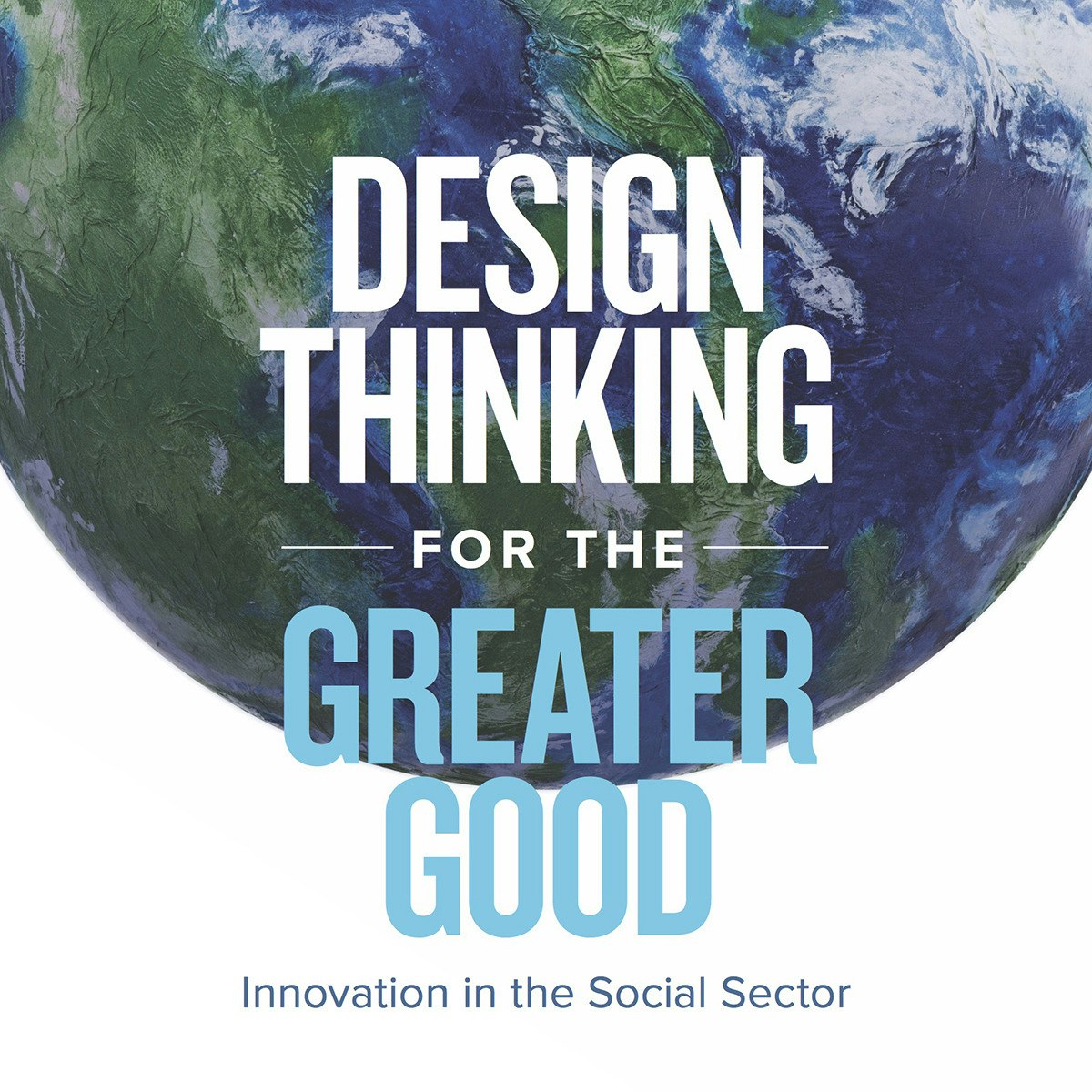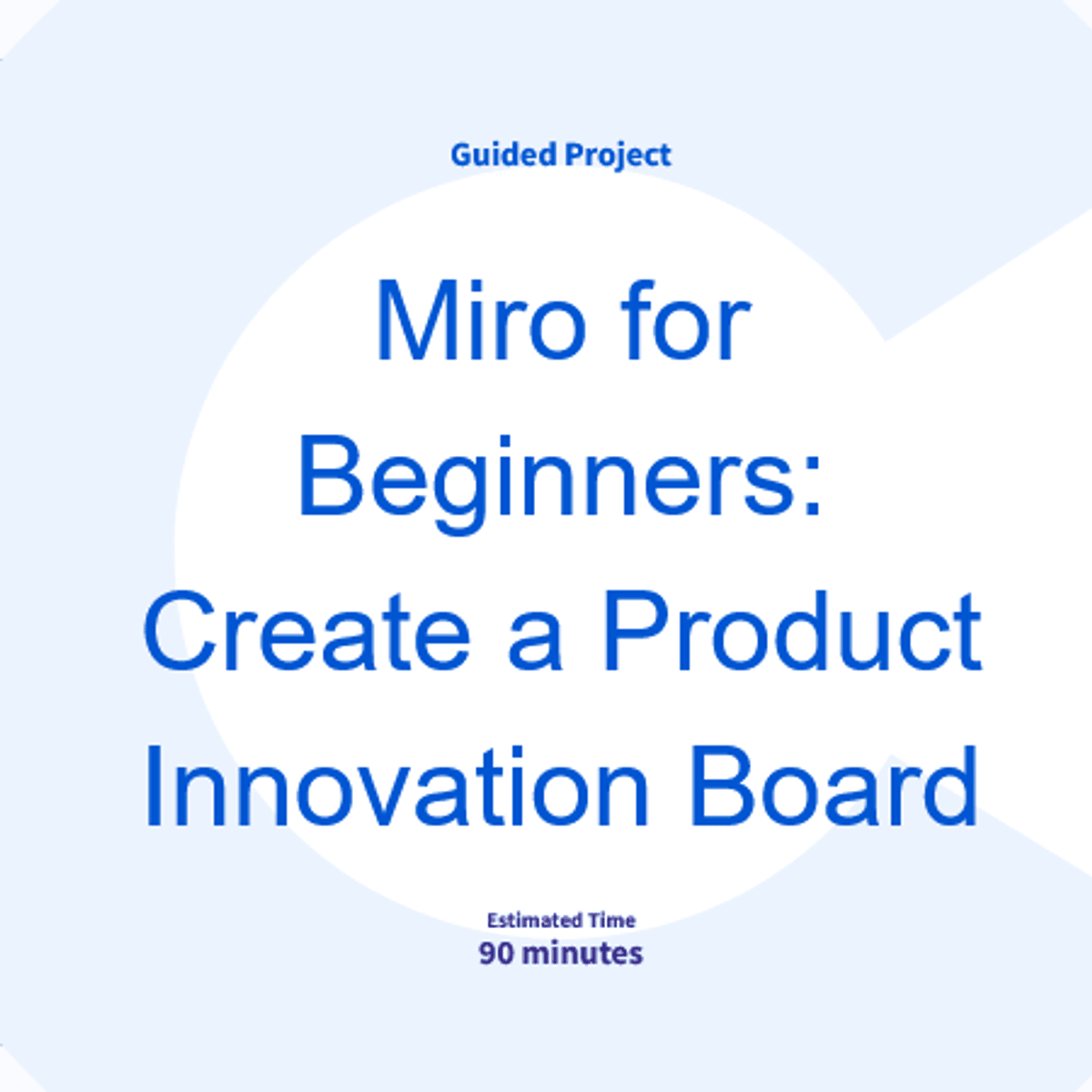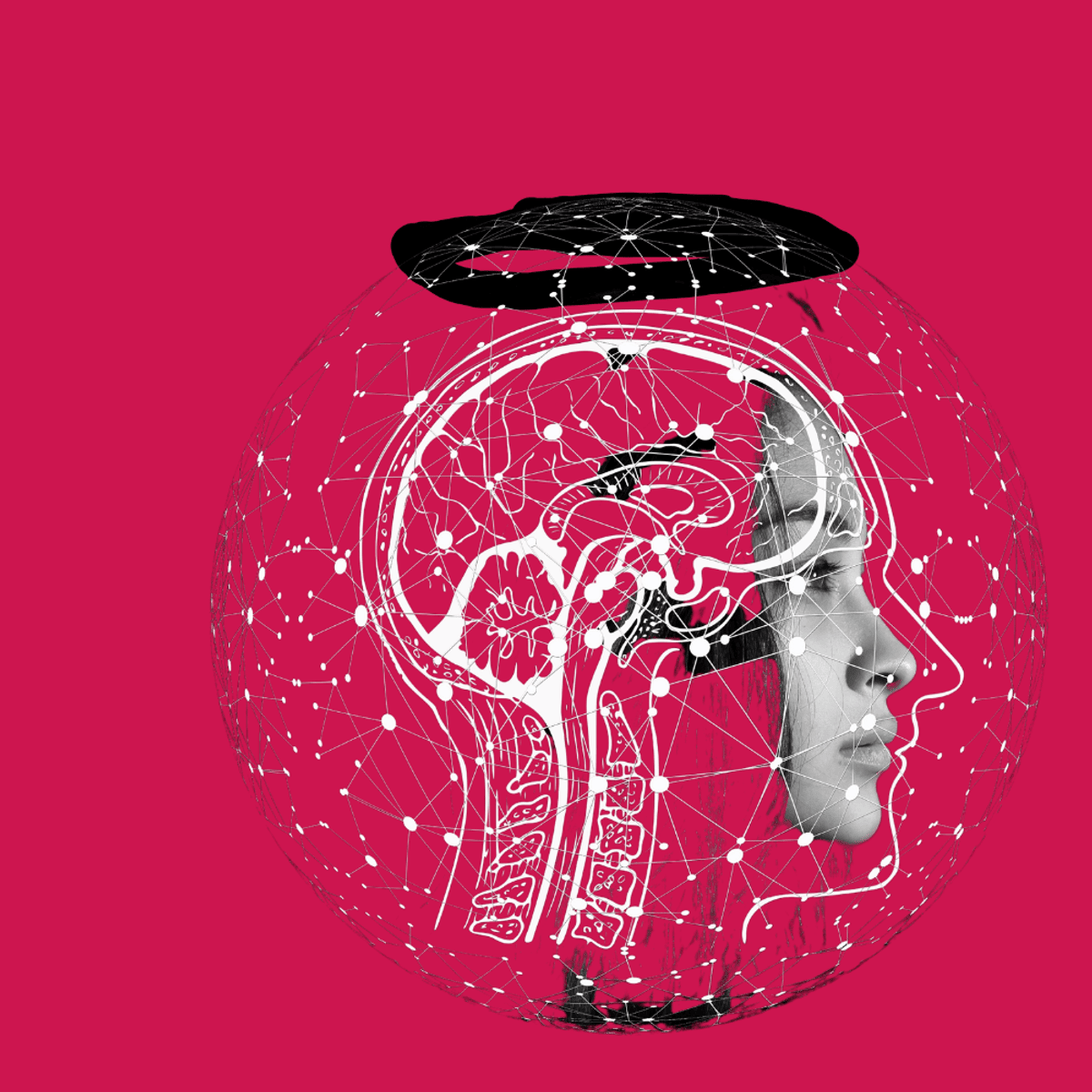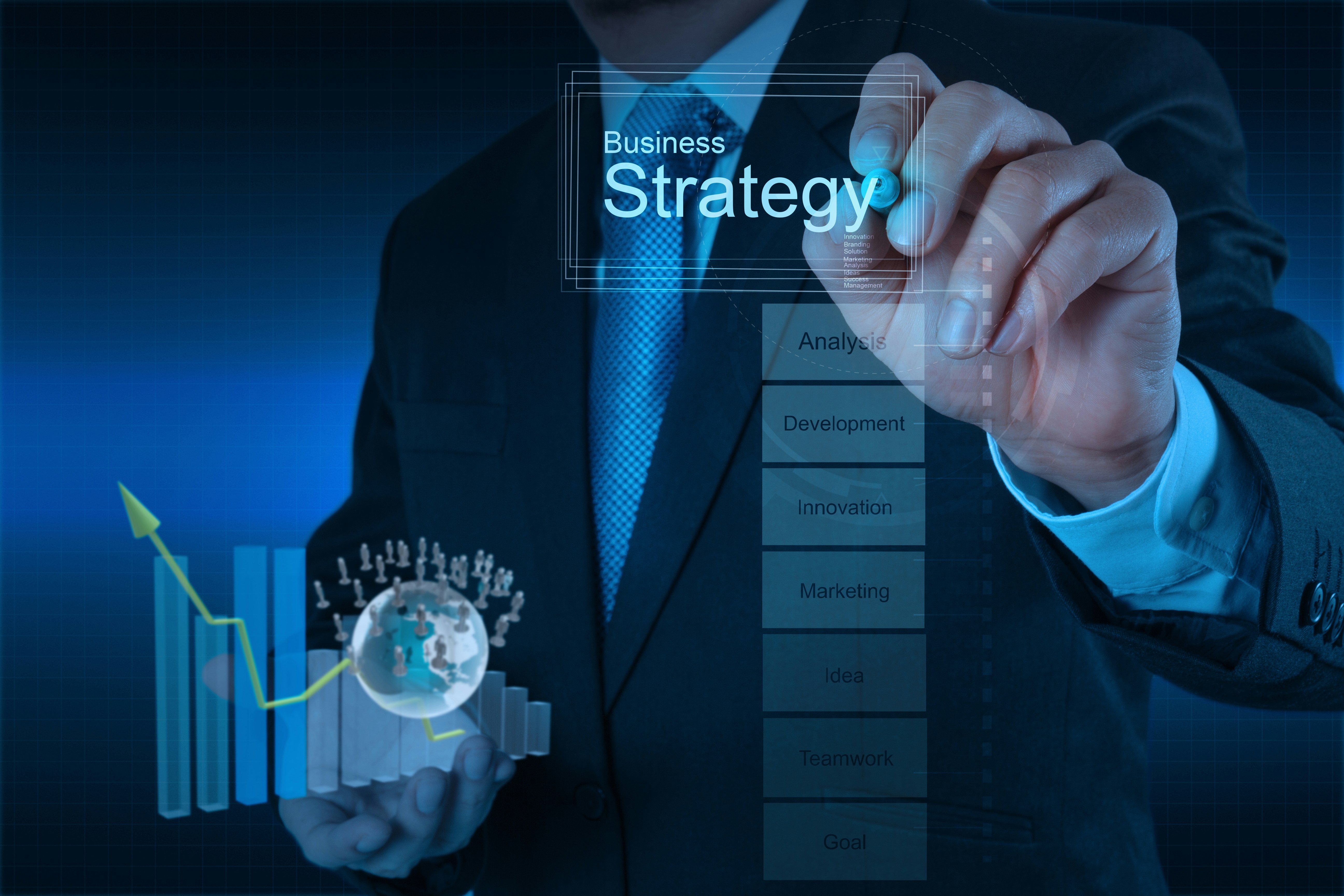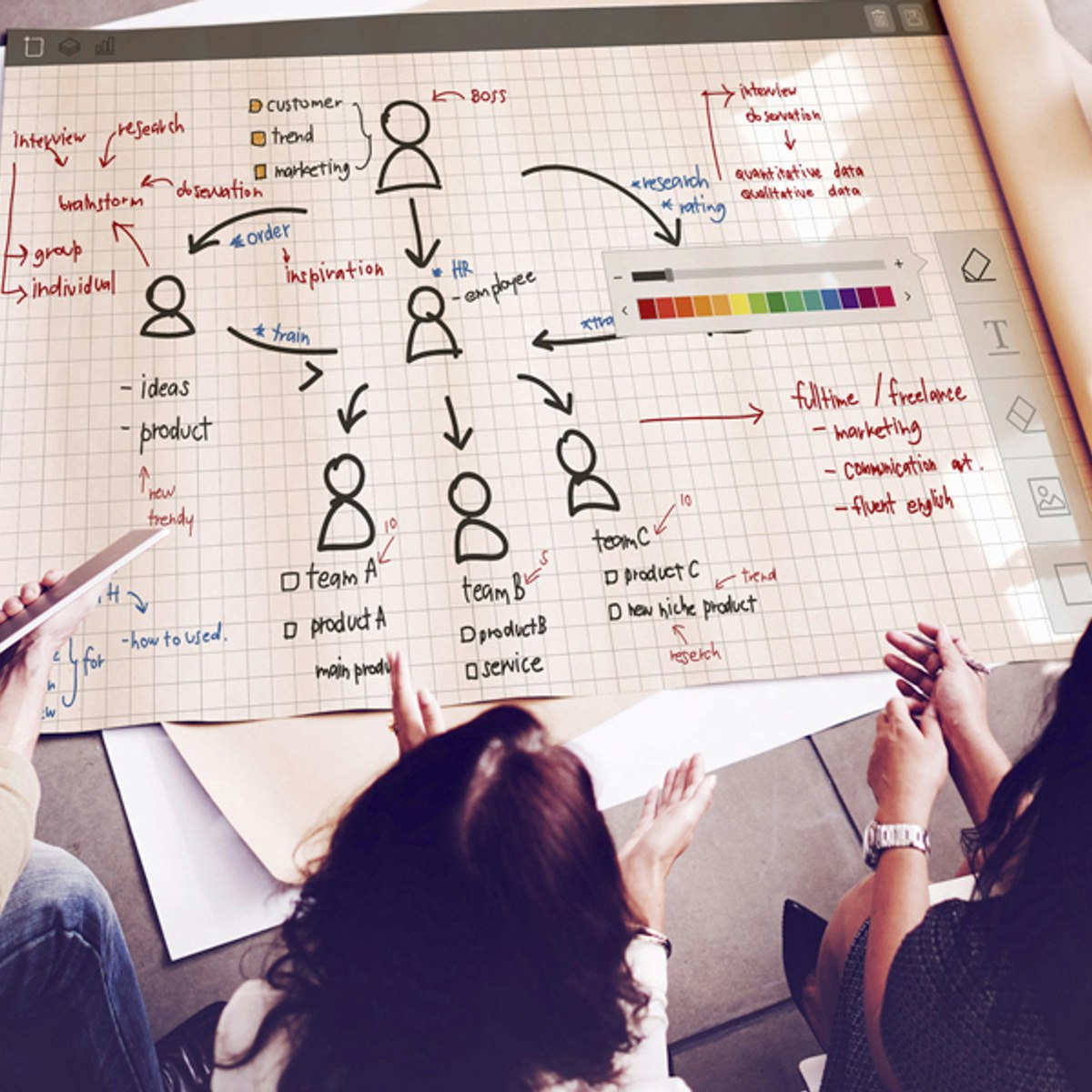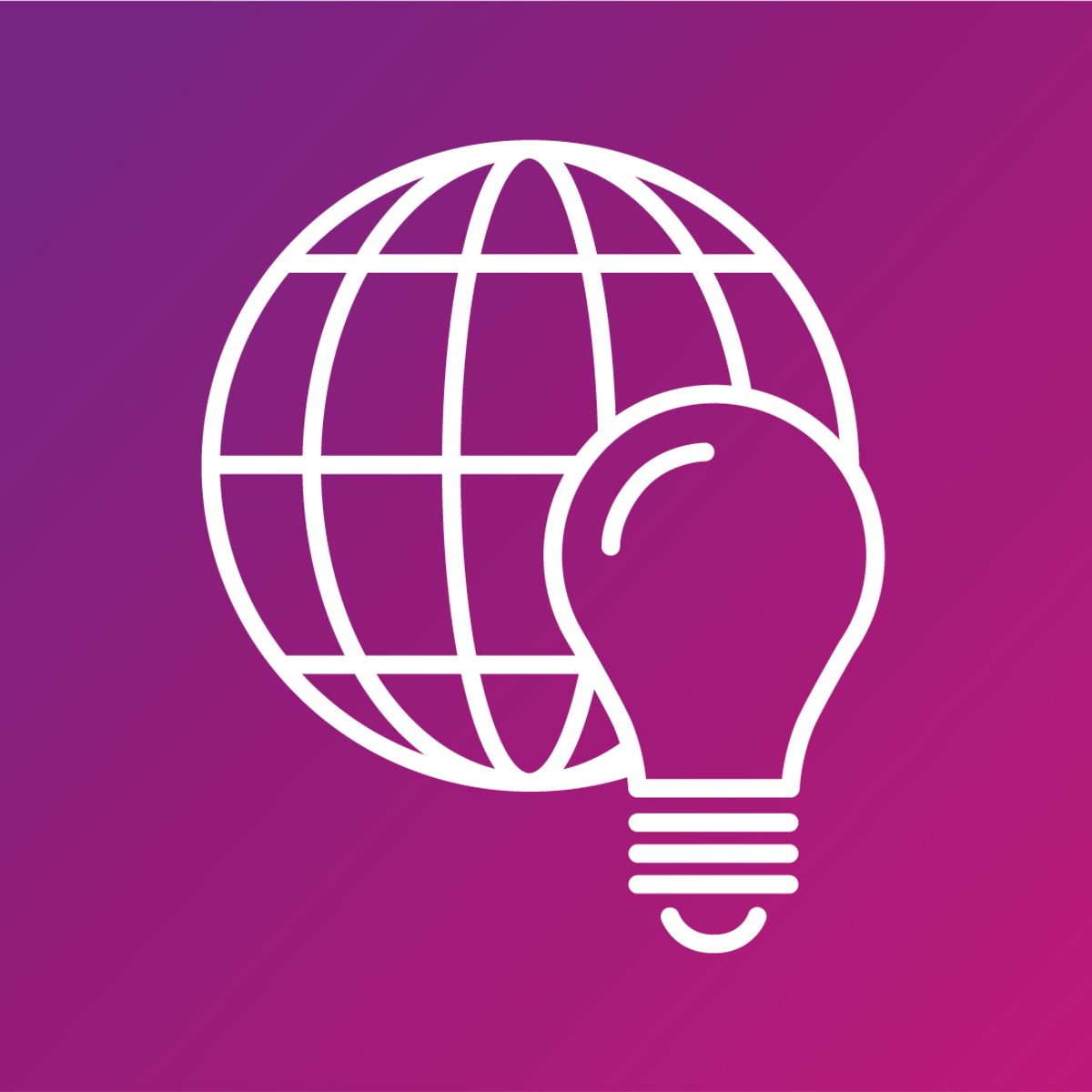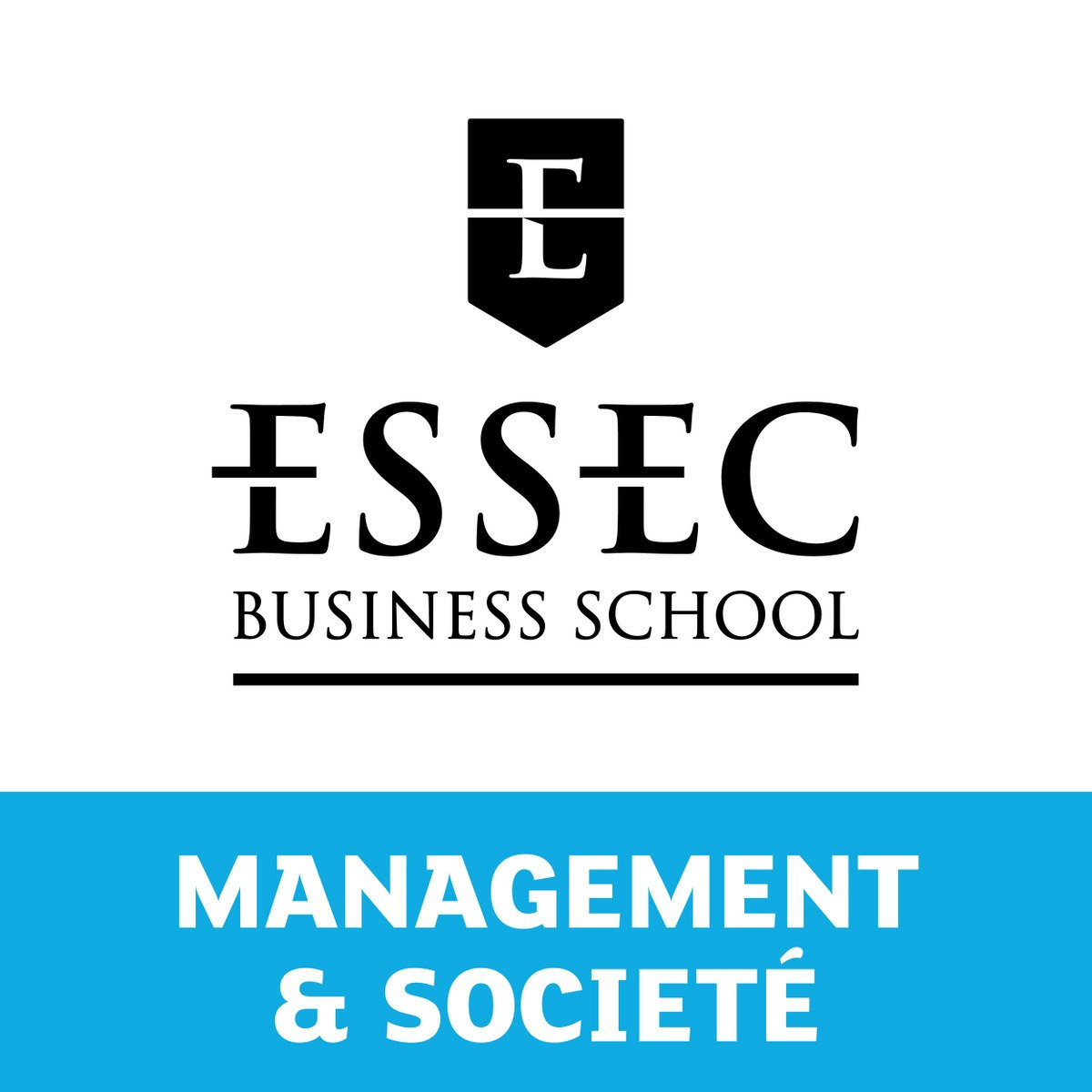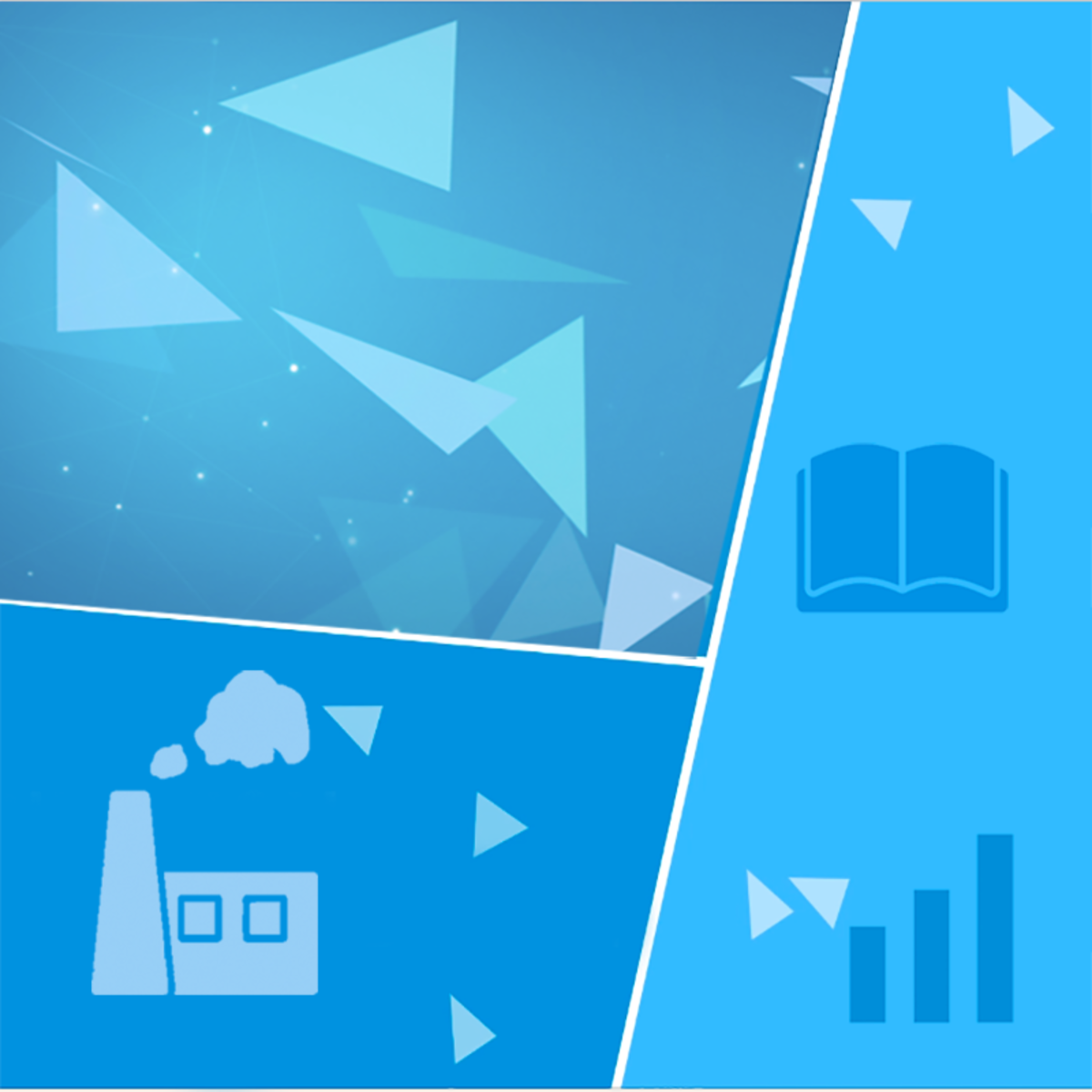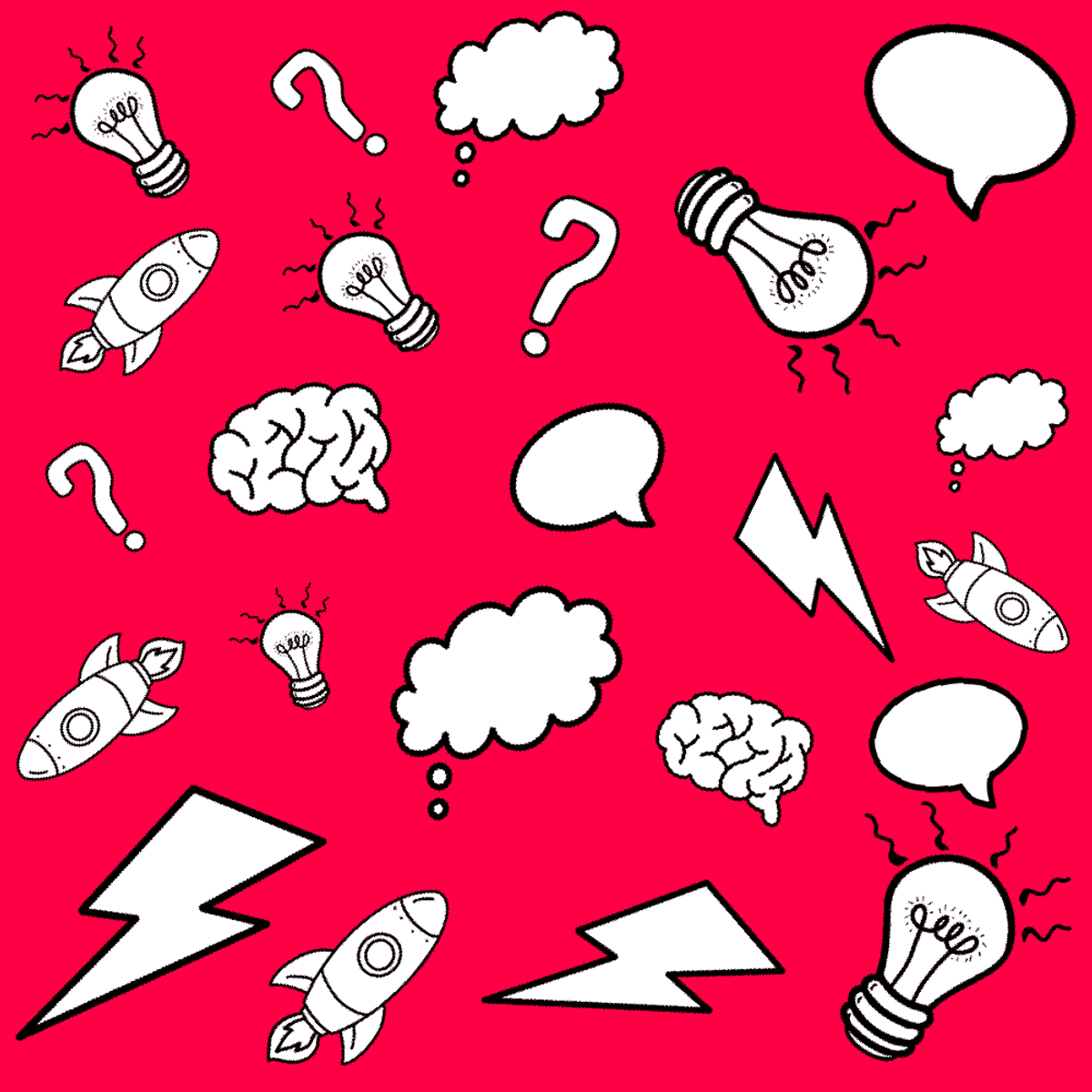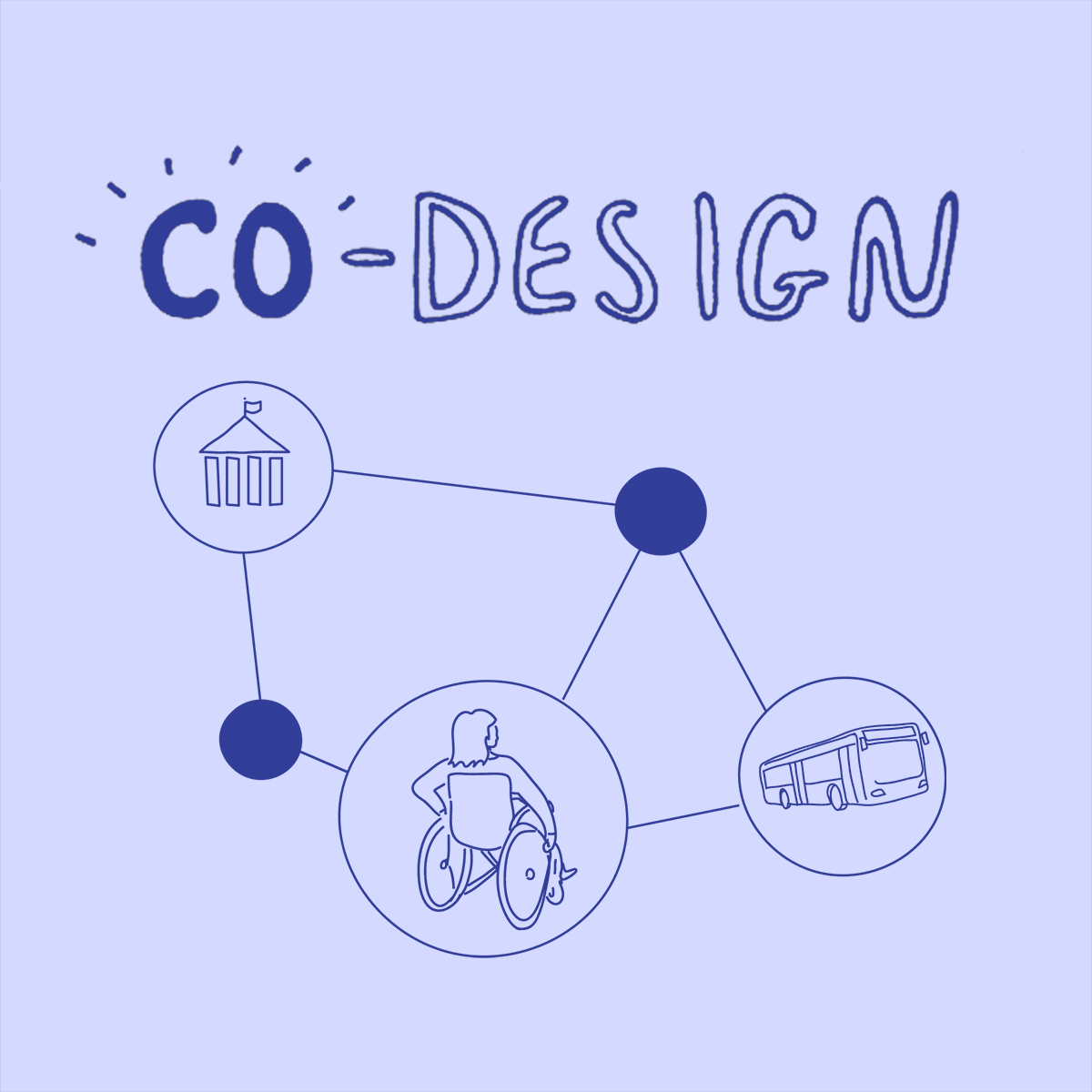Innovation Consultant
Innovation Consultant: Shaping the Future of Business
An Innovation Consultant helps organizations navigate the complex landscape of change, identify new opportunities, and implement novel ideas to drive growth and maintain relevance. They act as catalysts, guiding companies through processes designed to generate, evaluate, and execute innovative strategies, products, services, or business models. This role combines strategic thinking, creativity, and analytical rigor to help businesses adapt and thrive in dynamic markets.
Working as an Innovation Consultant can be highly engaging. You might find yourself immersed in diverse industries, tackling unique challenges daily. The role often involves collaborating closely with leadership teams, facilitating creative workshops, and seeing ideas blossom from concept to reality. It's a career path that appeals to those who enjoy problem-solving, strategic planning, and fostering transformative change within organizations.
Introduction to Innovation Consulting
Defining the Role and Its Purpose
At its core, innovation consulting focuses on helping organizations innovate more effectively. This doesn't just mean inventing new products; it encompasses improving processes, reimagining business models, enhancing customer experiences, and fostering a culture where new ideas can flourish. Consultants bring external perspectives, specialized methodologies, and focused effort to overcome internal inertia or blind spots.
The primary purpose is to create tangible value. This could mean increasing revenue, reducing costs, entering new markets, boosting efficiency, or enhancing brand reputation. Innovation consultants analyze an organization's current state, identify barriers to innovation, and design pathways to achieve strategic goals through novel approaches.
They often act as facilitators, researchers, strategists, and project managers rolled into one. By leveraging frameworks like Design Thinking or Lean Startup, they structure the often ambiguous process of innovation, making it more manageable and outcome-oriented for their clients.
These courses provide a solid foundation in understanding how organizations approach innovation strategically.
The Evolution of Innovation Consulting
Innovation consulting emerged as a distinct field as businesses recognized that staying competitive required more than just operational efficiency. Early forms focused heavily on R&D and product development, often within manufacturing and technology sectors. Consultants helped companies optimize their invention pipelines.
Over time, the scope broadened significantly. The rise of digital technology, globalization, and increased market volatility pushed companies to think about innovation more holistically. Consultants began addressing service innovation, business model transformation, and organizational culture change.
Today, innovation consulting integrates elements from strategy consulting, design agencies, and technology implementation firms. The focus has shifted towards customer-centricity, agile methodologies, and leveraging data and digital tools to accelerate the innovation cycle and adapt to constant disruption.
Where Innovation Consultants Make an Impact
Innovation consultants work across nearly every industry, as the need for adaptation and growth is universal. However, some sectors rely more heavily on their expertise. Technology companies frequently engage consultants to navigate rapid advancements and competitive pressures.
Financial services institutions hire them to develop new digital offerings and respond to fintech disruption. Healthcare organizations seek help in improving patient care models and adopting new medical technologies. Consumer goods companies use consultants to understand changing consumer behaviors and launch successful new products.
The public sector and non-profits also increasingly utilize innovation consultants to find novel solutions to complex social challenges, improve service delivery, and operate more efficiently with limited resources. The breadth of application makes it a dynamic field with diverse opportunities.
Key Responsibilities of an Innovation Consultant
Pinpointing Growth Opportunities
A core task for innovation consultants is identifying untapped areas for growth. This involves deep analysis of the client's market, customers, competitors, and internal capabilities. Consultants look for unmet customer needs, emerging technological trends, potential new markets, or ways to leverage existing assets differently.
They employ various research methods, including market analysis, customer interviews, ethnographic studies, and trend forecasting. The goal is to uncover insights that internal teams might miss due to day-to-day operational focus or ingrained assumptions.
These opportunities are then framed as strategic options, often presented with supporting data and preliminary business cases. This helps clients prioritize where to focus their innovation efforts for maximum impact.
These books offer frameworks for identifying and validating business opportunities.
Facilitating Ideation and Design Thinking
Innovation consultants often lead workshops and structured sessions designed to generate and refine new ideas. They utilize techniques like brainstorming, mind mapping, and role-playing to encourage creative thinking among client teams.
Design Thinking methodologies are frequently employed. This human-centered approach involves empathizing with users, defining problems clearly, ideating solutions, prototyping concepts rapidly, and testing them iteratively. Consultants guide teams through this process, ensuring diverse perspectives are included and fostering a collaborative environment.
The consultant's role here is part facilitator, part provocateur, challenging assumptions and pushing participants beyond conventional thinking. They ensure the process remains focused and productive, leading to tangible concepts rather than just abstract ideas.
Analyzing Markets and Competitive Forces
Understanding the external environment is crucial for effective innovation. Consultants conduct thorough market research and competitive analysis to provide clients with a clear picture of the landscape. This includes identifying key competitors, analyzing their strategies, and assessing market trends and potential disruptions.
They use tools like Porter's Five Forces, SWOT analysis, and market segmentation studies. Data analysis plays a significant role, involving the interpretation of market data, customer surveys, and industry reports to identify threats and opportunities.
This analysis informs strategic decisions about where to innovate, how to differentiate offerings, and how to position new initiatives for success. It grounds creative ideas in market realities, increasing the likelihood of successful implementation.
Developing Implementation Roadmaps
Generating ideas is only the first step. Innovation consultants also help clients develop concrete plans to bring those ideas to life. This involves creating detailed implementation strategies, defining project milestones, allocating resources, and identifying potential risks.
They work with clients to build business cases, outlining the expected costs, benefits, and return on investment (ROI) for innovation projects. This often requires financial modeling and risk assessment skills.
Consultants may also assist in structuring innovation teams, defining governance processes, and establishing metrics to track progress. Their goal is to ensure that promising innovations don't falter during execution but are translated into real-world impact.
Core Skills for Innovation Consultants
Creative Problem-Solving and Systems Thinking
Innovation consultants must excel at tackling complex, often ambiguous problems. This requires strong creative problem-solving skills – the ability to look at challenges from multiple angles, generate unconventional solutions, and connect seemingly unrelated ideas.
Systems thinking is equally vital. Consultants need to understand how different parts of an organization and its market interact. They must anticipate the ripple effects of changes and design solutions that address root causes, not just symptoms.
This involves breaking down complex systems into manageable components while maintaining a holistic view. It allows consultants to identify leverage points where interventions can have the greatest impact.
These courses help develop creative thinking and problem-solving abilities.
This book offers managerial perspectives on creative problem-solving.
Stakeholder Management and Communication
Innovation often involves change, which can meet resistance. Consultants must be adept at managing diverse stakeholders, from senior executives to frontline employees. This requires building trust, understanding different perspectives, and navigating organizational politics.
Excellent communication skills are paramount. Consultants need to clearly articulate complex ideas, present compelling arguments for change, and facilitate productive discussions. This includes written reports, presentations, and workshop facilitation.
Listening skills are just as important as speaking skills. Understanding stakeholder concerns and feedback is crucial for designing solutions that gain buy-in and are ultimately successful.
Data Analysis and Visualization
While creativity is key, innovation consulting is also data-driven. Consultants need strong analytical skills to interpret market research, customer data, financial information, and performance metrics. They must be comfortable working with both quantitative and qualitative data.
The ability to synthesize data and extract meaningful insights is essential. This involves identifying patterns, trends, and correlations that can inform strategic decisions and validate hypotheses.
Furthermore, consultants must effectively communicate these insights. Data visualization skills, using tools like charts, graphs, and dashboards, are critical for presenting complex information in a clear, concise, and persuasive manner to clients.
Explore courses in Data Science to build foundational analytical skills.
Adaptability and Learning Agility
The field of innovation is constantly evolving, and consultants operate in dynamic environments. Adaptability is crucial – the ability to adjust approaches based on new information, changing client needs, or unexpected challenges.
Learning agility is also vital. Consultants must quickly grasp new industries, technologies, and methodologies. They need a strong sense of curiosity and a commitment to continuous learning to stay relevant and effective.
This often involves working on diverse projects across different sectors, requiring consultants to rapidly build domain knowledge and apply their core skills in unfamiliar contexts. Resilience and comfort with ambiguity are key attributes.
Innovation Consultant Tools and Methodologies
Design Thinking Frameworks
Design Thinking is a cornerstone methodology for many innovation consultants. It provides a human-centered approach to problem-solving, emphasizing empathy for users, iterative prototyping, and collaborative ideation. Consultants use frameworks like the Stanford d.school model or IBM's Design Thinking loop.
Specific tools within this framework include persona development, customer journey mapping, empathy maps, and "How Might We" questions to frame challenges. These help teams deeply understand user needs and generate relevant solutions.
Consultants facilitate workshops using these tools, guiding clients through the phases of empathize, define, ideate, prototype, and test. The focus is on learning quickly and adapting based on user feedback.
These courses delve deeper into Design Thinking principles and applications.
This book provides a comprehensive overview of Design Thinking.
Agile and Lean Startup Principles
Methodologies borrowed from software development and entrepreneurship, like Agile and Lean Startup, are frequently applied in innovation consulting. Agile principles emphasize iterative development, flexibility, and rapid response to change, which are well-suited to the uncertainties of innovation projects.
Lean Startup principles focus on building Minimum Viable Products (MVPs), testing hypotheses quickly with real users, and using validated learning to pivot or persevere. Consultants use tools like the Lean Canvas or Business Model Canvas to map out and test business ideas efficiently.
These approaches help clients reduce waste, minimize risk, and accelerate the time-to-market for new initiatives by focusing on learning and adaptation rather than extensive upfront planning.
Explore the origins and applications of these influential methodologies.
Digital Collaboration Platforms
Modern innovation consulting heavily relies on digital tools, especially for collaboration. Platforms like Miro, Mural, or FigJam allow distributed teams to engage in virtual brainstorming, mind mapping, and workshop activities.
These tools provide digital whiteboards where consultants and clients can co-create journey maps, business model canvases, and prototypes in real-time, regardless of physical location. They facilitate visual thinking and help keep projects organized and accessible.
Proficiency in these platforms is becoming essential for consultants to effectively manage projects, facilitate sessions, and collaborate with clients, particularly in remote or hybrid work environments.
Prototyping and Scenario Planning
Bringing ideas to life quickly through prototyping is a key part of the innovation process. Consultants use various prototyping techniques, ranging from simple sketches and paper mockups to interactive digital prototypes or physical models, depending on the concept being tested.
Prototyping allows teams to get tangible feedback early and often, reducing the risk of investing heavily in flawed ideas. It facilitates communication and helps stakeholders visualize potential solutions.
Scenario planning is another tool used to explore potential futures and test the resilience of innovation strategies. Consultants help clients develop plausible scenarios based on key uncertainties and analyze how different innovations might perform under various future conditions.
Educational Pathways to Innovation Consulting
Foundation through Undergraduate Studies
There isn't one specific undergraduate degree required for innovation consulting, reflecting the field's interdisciplinary nature. However, certain fields provide strong foundations. Degrees in Business Administration or Management often cover strategy, marketing, and organizational behavior, which are highly relevant.
Engineering degrees cultivate analytical problem-solving skills and often involve design and systems thinking. Degrees in Design (e.g., Industrial Design, Interaction Design) directly teach human-centered approaches and prototyping.
Other relevant fields include Economics, Psychology, Sociology, and even fields within the Humanities that develop critical thinking, research, and communication skills. Success depends more on skills and mindset than a specific major.
Specialized Advanced Degrees
For those seeking deeper specialization, Master's degrees in Innovation Management, Entrepreneurship, or Design Strategy are increasingly common. These programs offer focused curricula covering innovation frameworks, venture creation, and managing creative teams.
An MBA (Master of Business Administration) remains a popular route, particularly from programs with strong concentrations in strategy, entrepreneurship, or technology management. MBAs provide broad business acumen and often open doors at major consulting firms.
Some consultants also hold Master's degrees in specific technical fields (like computer science or engineering) combined with business experience, allowing them to specialize in technology-driven innovation.
Doctoral Research and Contributions
While not typical for most practitioners, PhDs can be relevant, particularly for roles in thought leadership, research-intensive consulting, or specialized advisory services. Doctoral research in areas like Strategic Management, Organizational Behavior, Technology and Innovation Management, or Design Research can contribute valuable expertise.
Individuals with PhDs might join consulting firms in expert roles or contribute to the development of new methodologies and frameworks. Academia itself can be a source of innovation consultants, with professors sometimes engaging in consulting alongside their research and teaching.
Furthermore, research skills honed during doctoral studies, such as rigorous analysis, hypothesis testing, and structured inquiry, are directly applicable to the challenges faced in innovation consulting.
The Value of Cross-Disciplinary Learning
Given the multifaceted nature of innovation, a cross-disciplinary approach to learning is highly advantageous. Combining elements from business, design, technology, and social sciences provides a well-rounded perspective.
This might involve taking courses outside one's major, pursuing a minor in a complementary field, or engaging in extracurricular activities that bridge disciplines (e.g., startup competitions, design challenges).
Lifelong learning is also crucial. Innovation consultants constantly need to update their knowledge across various domains. Utilizing online courses, attending industry conferences, and reading widely are common practices for staying current.
OpenCourser's browse feature allows exploration across diverse subjects, facilitating cross-disciplinary learning.
Online Learning for Aspiring Innovation Consultants
Building Foundational Knowledge Online
Online courses offer accessible pathways to acquire the knowledge needed for innovation consulting. Key topics include Design Thinking, Lean Startup methodologies, Business Model Innovation, Strategic Management, Market Research, and Project Management.
Learners can find courses covering creativity techniques, data analysis fundamentals, communication skills, and specific industry contexts (e.g., innovation in healthcare, fintech). Platforms like OpenCourser aggregate offerings from various providers, making it easier to find relevant content.
Online learning allows individuals to study at their own pace and tailor their curriculum to specific interests or skill gaps. This is particularly beneficial for career changers building foundational knowledge or professionals looking to specialize.
These courses cover essential concepts frequently used in innovation consulting.
Bridging Theory and Practice
Effective learning involves more than just absorbing theoretical knowledge. Many online courses incorporate practical exercises, case studies, and assignments that simulate real-world consulting challenges.
Look for courses that require you to apply frameworks like the Business Model Canvas or conduct simulated customer interviews. Project-based courses, where you develop an innovation concept from idea to basic prototype, are particularly valuable.
Supplementing coursework with personal projects or applying learned concepts in a current job (if possible) helps solidify understanding and build practical experience. The goal is to translate theoretical frameworks into actionable skills.
Developing a Portfolio Through Projects
For aspiring consultants, especially those without direct experience, a portfolio showcasing practical application of innovation skills is crucial. Online learning can support portfolio development.
Completing course projects, participating in online innovation challenges, or undertaking self-initiated projects applying learned methodologies can generate portfolio pieces. Documenting the process – the problem definition, research, ideation, prototyping, and testing – is as important as the final outcome.
Consider developing a detailed case study based on a course project or a hypothetical challenge. This demonstrates your ability to apply structured innovation processes and communicate your thinking effectively.
Platforms like OpenCourser can help you find project-based courses relevant to innovation.
Supplementing Formal Education
Online courses can effectively supplement traditional degree programs. University students can use them to gain specialized knowledge in areas not covered extensively in their curriculum, such as specific digital tools or advanced innovation frameworks.
Professionals can use online learning to upskill or reskill, adding specific competencies like agile methodologies or data visualization to their repertoire. Certificates from reputable online courses can enhance a resume, signaling specific skills and initiative.
OpenCourser's Learner's Guide provides tips on integrating online learning with formal education and career development, including how to potentially add certificates to your professional profile.
Career Progression in Innovation Consulting
Entry Points and Early Roles
Entering innovation consulting often happens after gaining some experience in related fields like general management consulting, product management, marketing, design, or engineering. Direct entry-level roles (e.g., Analyst, Junior Consultant) exist, typically requiring a strong academic background and demonstrated interest in innovation.
These early roles usually involve supporting senior consultants on projects. Responsibilities include conducting research, analyzing data, preparing presentations, participating in workshops, and contributing to specific project modules. The focus is on learning the methodologies and developing core consulting skills.
Internships during university studies are highly valuable for gaining exposure and making connections within consulting firms.
Typical Promotion Trajectory
Promotion paths in consulting firms are generally well-defined, though timelines vary. After an initial period as an Analyst or Junior Consultant (typically 1-3 years), individuals may progress to Consultant or Senior Consultant roles.
At this stage, consultants take on more responsibility, managing smaller projects or significant workstreams within larger engagements. They develop deeper expertise in specific methodologies or industries and begin to build client relationships.
Further progression leads to Manager or Engagement Manager roles, involving overseeing entire projects, managing teams of consultants, and taking primary responsibility for client deliverables and relationships. This typically occurs after 4-7 years in the field.
Consider related roles like:
Leadership and Specialization Pathways
Senior roles include Principal, Director, or Partner, depending on the firm's structure. At this level, responsibilities shift towards business development (selling projects), thought leadership, practice development, and firm leadership.
Consultants often specialize as they become more senior, focusing on specific industries (e.g., healthcare innovation) or functional areas (e.g., digital transformation, sustainable innovation). This allows them to build deep expertise and market reputation.
Developing a unique point of view and contributing to the firm's intellectual capital through articles, presentations, or methodology development becomes increasingly important for advancement.
Transition Opportunities Beyond Consulting
Experience in innovation consulting opens doors to various roles outside the consulting industry. Many consultants transition into corporate strategy or innovation roles within companies they previously advised or in related industries.
Leadership positions in product management, business development, or corporate venturing are common exit opportunities. The strategic thinking, problem-solving, and project management skills developed in consulting are highly valued in these roles.
Some former consultants leverage their experience to launch their own startups or join venture capital firms, evaluating and supporting innovative new businesses. The career provides a strong foundation for various entrepreneurial and executive paths.
Industry Applications of Innovation Consulting
Driving Disruption in the Technology Sector
The fast-paced technology sector is a major client for innovation consultants. They help tech companies identify emerging trends (like AI, blockchain, or IoT), develop next-generation products and services, and adapt their business models to stay ahead of disruption.
Consultants might work with established tech giants on navigating shifts to new paradigms (e.g., cloud computing, subscription models) or assist startups in refining their value propositions and scaling strategies.
Projects often involve market entry strategies, platform development, ecosystem building, and navigating the complex interplay between hardware, software, and services.
Understanding technology adoption cycles is crucial.
Fostering Sustainability and Green Innovation
As environmental concerns grow, organizations increasingly seek help in developing sustainable business practices and green innovations. Consultants assist companies in integrating sustainability into their core strategies, designing eco-friendly products, and optimizing operations for lower environmental impact.
This can involve developing circular economy models, exploring renewable energy solutions, creating sustainable supply chains, or helping companies report on their environmental, social, and governance (ESG) performance.
Innovation consultants bring frameworks and expertise to identify opportunities where sustainability goals align with business value creation, helping clients navigate regulatory landscapes and meet growing consumer demand for responsible products.
Explore courses in Sustainability and Environmental Sciences.
Modernizing Healthcare Systems
The healthcare industry faces significant pressures to improve outcomes, reduce costs, and enhance patient experiences. Innovation consultants work with hospitals, pharmaceutical companies, insurers, and health tech startups to address these challenges.
Projects might focus on implementing digital health solutions (like telemedicine or AI diagnostics), redesigning patient care pathways, developing value-based care models, or accelerating drug discovery and development processes.
Consultants help navigate complex regulatory environments, manage stakeholder alignment across clinicians, administrators, and patients, and implement changes in large, often bureaucratic, healthcare organizations.
Tackling Public Sector Innovation Challenges
Governments and public sector organizations increasingly turn to innovation consultants to improve service delivery, increase efficiency, and address complex societal problems. Consultants adapt private sector methodologies like Design Thinking and Agile for the public context.
Projects can range from redesigning citizen services to be more user-friendly, implementing smart city initiatives, improving policy design processes, or fostering cross-agency collaboration.
The focus is often on achieving public value, navigating political complexities, and implementing change within budget constraints and regulatory frameworks. This requires a deep understanding of public administration alongside innovation expertise.
Challenges in Modern Innovation Consulting
Balancing Creativity with Measurable ROI
One persistent challenge is bridging the gap between creative exploration and demonstrating tangible business results. Clients expect innovation efforts to yield a positive return on investment (ROI), but the outcomes of truly novel initiatives can be uncertain and difficult to predict.
Consultants must manage this tension by employing methodologies that balance exploration with validation. They need to help clients set realistic expectations, establish appropriate metrics for tracking progress (which may not always be purely financial initially), and build compelling business cases even amidst uncertainty.
This requires both creative facilitation skills and strong analytical and financial acumen to justify investments and demonstrate value over time.
Navigating Organizational Resistance to Change
Innovation inherently involves change, which often encounters resistance within organizations. Existing structures, processes, cultures, and individual mindsets can act as barriers to adopting new ways of working or launching disruptive initiatives.
Consultants must be skilled change managers, adept at identifying sources of resistance, building coalitions of support, and communicating the vision for change effectively. This requires empathy, political savvy, and persistence.
Overcoming resistance often involves demonstrating early wins, involving stakeholders throughout the process, and tailoring implementation strategies to the specific organizational context.
Understanding the dynamics of innovation adoption is key.
Ethical Considerations in Disruptive Innovation
As consultants help organizations create disruptive innovations, they face ethical considerations. New technologies or business models can have unintended consequences for employees, customers, communities, or the environment.
Consultants need to help clients anticipate and mitigate potential negative impacts. This involves considering issues like job displacement due to automation, data privacy concerns with new digital services, algorithmic bias, and the environmental footprint of new products.
Promoting responsible innovation requires integrating ethical reflection into the design and implementation process, ensuring that innovation serves broader societal well-being alongside business objectives.
Adapting to AI-Driven Market Shifts
The rapid advancement of Artificial Intelligence (AI), particularly generative AI, is profoundly impacting industries and the nature of consulting itself. Innovation consultants must understand AI's potential to both drive innovation for their clients and transform their own service delivery models.
They need to advise clients on leveraging AI strategically, while also adapting their own toolkits and methodologies. This includes using AI for tasks like research synthesis, ideation support, and data analysis, as well as understanding the ethical implications of AI deployment.
Staying ahead of AI trends and developing AI literacy is becoming a critical competency for innovation consultants to remain valuable advisors in an increasingly AI-influenced landscape.
Global Trends Shaping Innovation Consulting
Impact of Generative AI on Service Delivery
Generative AI is poised to automate or augment many tasks traditionally performed by consultants, such as research, data analysis, and content creation. This requires consulting firms to rethink their value propositions and service delivery models.
The focus may shift towards higher-level strategic advice, complex problem-solving, facilitation, and change management – areas where human judgment, creativity, and empathy remain crucial. Consultants will need to become adept at collaborating with AI tools.
Firms that successfully integrate AI into their workflows to enhance efficiency and insight, while focusing human effort on strategic and relational aspects, are likely to gain a competitive advantage. According to a McKinsey report, generative AI could add trillions of dollars in value to the global economy annually, significantly impacting knowledge work.
Rise of Decentralized Innovation Ecosystems
Innovation is increasingly happening within complex ecosystems involving multiple partners, startups, universities, and customers, rather than solely within the walls of a single organization. Open innovation models are becoming more prevalent.
Consultants play a role in helping clients navigate and build these ecosystems. This involves identifying potential partners, structuring collaborations, managing intellectual property across boundaries, and fostering a culture of external engagement.
Understanding platform strategies and network effects is becoming more important as companies seek to orchestrate value creation within broader ecosystems rather than just optimizing internal processes.
Challenges in Cross-Border Collaboration
Globalization continues to shape innovation, but cross-border collaboration presents unique challenges. Cultural differences, varying regulatory environments, geopolitical tensions, and logistical complexities can hinder international innovation efforts.
Consultants with global experience and cultural intelligence are needed to help organizations manage distributed innovation teams, adapt products and services for diverse markets, and navigate international partnerships effectively.
Understanding global market trends, managing virtual collaboration across time zones, and adapting innovation methodologies for different cultural contexts are increasingly valuable skills.
Navigating Complex Regulatory Landscapes
Innovation, particularly in areas like AI, biotechnology, fintech, and sustainable technologies, often operates at the edge of existing regulations. Consultants must help clients understand and navigate complex, evolving regulatory landscapes across different jurisdictions.
This involves anticipating potential regulatory changes, ensuring compliance, managing risks associated with new technologies, and sometimes engaging with policymakers to shape future regulations.
Expertise in specific regulatory domains (e.g., data privacy laws like GDPR, financial regulations, environmental standards) combined with innovation strategy skills is becoming a sought-after combination.
Ethical Considerations for Innovation Consultants
Implementing Responsible Innovation Frameworks
Beyond just achieving business goals, there's a growing emphasis on "responsible innovation" – ensuring that new products, services, and technologies are developed and deployed in ways that align with societal values and minimize harm.
Consultants have a role in introducing and embedding responsible innovation frameworks within client organizations. This might involve facilitating ethical risk assessments, incorporating value-sensitive design principles, or establishing governance structures for ethical oversight.
The goal is to proactively consider the broader impacts of innovation from the outset, rather than addressing ethical issues only after problems arise.
Upholding Data Privacy in User Research
Innovation often relies on deep understanding of users, which involves collecting and analyzing customer data. Consultants must ensure that user research practices adhere to strict data privacy standards and ethical guidelines.
This includes obtaining informed consent, anonymizing data where appropriate, ensuring secure data storage, and being transparent about how data will be used. Consultants need to be knowledgeable about regulations like GDPR and CCPA.
Balancing the need for rich user insights with the obligation to protect individual privacy is a critical ethical responsibility in modern innovation consulting.
Conducting Environmental Impact Assessments
As sustainability becomes a core business concern, consultants may be involved in assessing the potential environmental impacts of new innovations. This goes beyond compliance to proactively designing for minimal negative footprint.
This could involve life cycle assessments of new products, evaluating the resource intensity of new processes, or considering the end-of-life implications of materials used. Consultants help clients make informed choices that balance innovation goals with environmental stewardship.
Integrating environmental considerations early in the innovation process can lead to more sustainable and often more resilient solutions.
Promoting Equity in Solution Development
Innovation should ideally benefit society broadly, but new technologies and solutions can sometimes exacerbate existing inequalities or create new ones. Consultants have an ethical responsibility to consider equity implications.
This involves designing solutions that are accessible and beneficial to diverse populations, avoiding algorithmic bias that could disadvantage certain groups, and considering the distributional impacts of innovation (e.g., who benefits and who might be harmed).
Facilitating inclusive design processes that involve diverse stakeholders can help identify and mitigate potential equity issues early on.
Frequently Asked Questions
What is the typical salary range for an Innovation Consultant?
Salary ranges for Innovation Consultants vary significantly based on factors like experience level, geographic location, firm size and prestige, and educational background. Entry-level positions (Analyst/Junior Consultant) might start anywhere from $60,000 to $90,000 USD annually in major markets.
Mid-level consultants (Consultant/Senior Consultant) can expect salaries ranging from $90,000 to $150,000+, often with performance bonuses. Senior roles (Manager, Principal, Partner) can command salaries well into the high $100,000s and significantly higher, with substantial bonus potential and potentially equity participation at partner levels.
Freelance or independent innovation consultants set their own rates, which can vary widely based on project scope, expertise, and client budget. Resources like Robert Half Salary Guide or consulting industry reports can provide more specific benchmarks.
Can I transition into this field from an unrelated background?
Yes, transitioning from unrelated fields is possible, though it often requires focused effort. Highlight transferable skills such as problem-solving, analytical thinking, project management, communication, and creativity. Gaining relevant knowledge through online courses or certifications in areas like Design Thinking, Agile, or Innovation Management is crucial.
Networking is key. Attend industry events, connect with consultants online, and seek informational interviews. Consider projects (even personal ones) that allow you to apply innovation methodologies and build a portfolio. Sometimes, an initial role in a related field (like product management or market research) within an innovative company can serve as a stepping stone.
Be prepared to potentially enter at a slightly more junior level than your previous career, focusing on demonstrating your adaptability and passion for innovation. Emphasize your unique perspective brought from your prior field.
Are there essential certifications for Innovation Consultants?
While no single certification is universally required, some can enhance credibility. Certifications in Design Thinking (from various providers), Agile methodologies (like Certified Scrum Master - CSM, or SAFe certifications), or Project Management (like PMP) are often valued.
Some universities and professional organizations offer certificates in Innovation Management or related fields. The value of a certification often depends on the reputation of the issuing body and the specific skills it validates.
Ultimately, demonstrated experience, a strong portfolio, relevant skills, and impactful results are more important than certifications alone. Certifications are best viewed as supplements to, rather than substitutes for, practical knowledge and experience.
What are the tradeoffs between freelance and firm employment?
Working for an established consulting firm typically offers structured training, clear career progression, access to large clients and complex projects, brand recognition, and benefits. However, it often involves long hours, extensive travel (pre-pandemic norms, potentially returning), and less control over project selection.
Freelancing or running a boutique consultancy provides autonomy, flexibility in choosing projects and clients, potentially higher earning potential per project (though income can be less predictable), and direct client relationships. Downsides include the need to handle business development, administration, inconsistent workflow, and lack of institutional support and benefits.
The choice depends on individual preferences regarding stability, autonomy, risk tolerance, and career goals. Some consultants transition between firm employment and freelancing during their careers.
How do economic downturns affect demand for Innovation Consultants?
Demand can be cyclical. During economic booms, companies often invest heavily in innovation and growth initiatives, boosting demand for consultants. In downturns, some companies cut discretionary spending, which can include consulting budgets, potentially reducing demand.
However, downturns can also spur demand for specific types of innovation consulting. Companies may seek help with cost reduction through process innovation, business model adaptation to survive tough markets, or strategic pivots towards more resilient areas. Consultants skilled in efficiency, turnaround strategies, or digital transformation may remain in demand.
Overall, while the specific focus might shift, the underlying need for organizations to adapt and innovate persists through economic cycles, providing a degree of resilience to the field.
What is the typical work-life balance like?
Work-life balance in consulting, including innovation consulting, is notoriously challenging, particularly within large firms. Long hours are common, driven by project deadlines, client demands, and internal firm activities. Travel requirements can also impact personal time, although remote work trends may have altered this dynamic somewhat.
The intensity can vary by firm, project, and career level. Junior roles often involve the longest hours. While firms increasingly talk about improving work-life balance, the project-based nature and client-service orientation often lead to demanding schedules.
Freelance consultants have more control over their hours and workload but may face pressure to take on projects to maintain income. Achieving balance often requires conscious effort and setting clear boundaries, regardless of the employment model.
Embarking on a career as an Innovation Consultant offers a path filled with intellectual stimulation, diverse challenges, and the opportunity to shape the future of organizations. While demanding, it provides a unique vantage point on the evolving business world and equips individuals with highly transferable strategic and creative skills. Continuous learning and adaptability are the keys to long-term success in this dynamic field.

